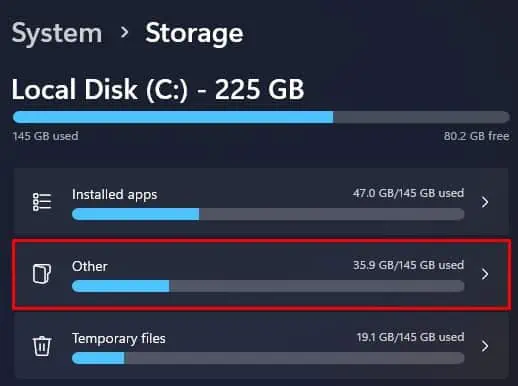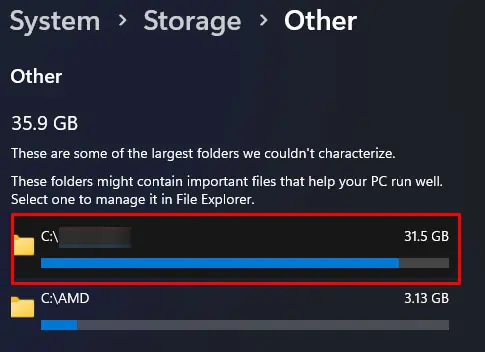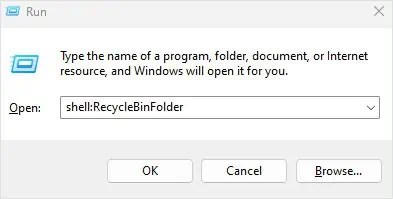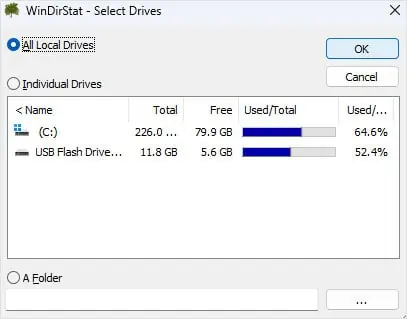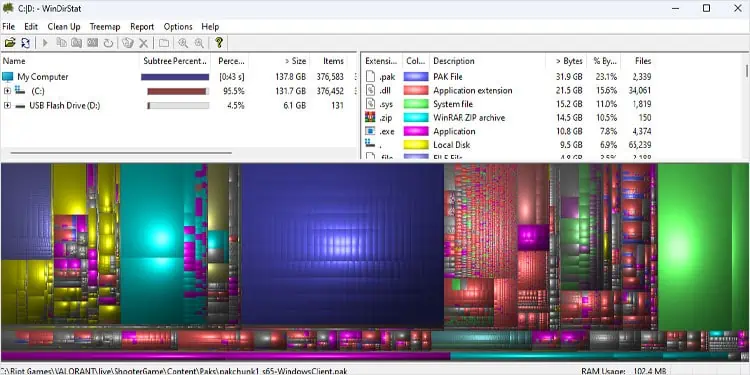The performance of a computer starts to degrade when the storage device begins to fill up. So, it is always a good idea to periodically clean up your storage device. Furthermore, your system’s performance will decrease significantly if the primary drive is full.
Sometimes when clearing storage, File Explorer may indicate that the hard drive is full even when you don’t have files and folders taking up as much storage space. This could happen due to installed applications or hidden files inside your drive.
In the case of a primary storage device, crucial system files could take up storage space. There are a few things you may do to locate and clean up these unnecessary files, so let’s start!
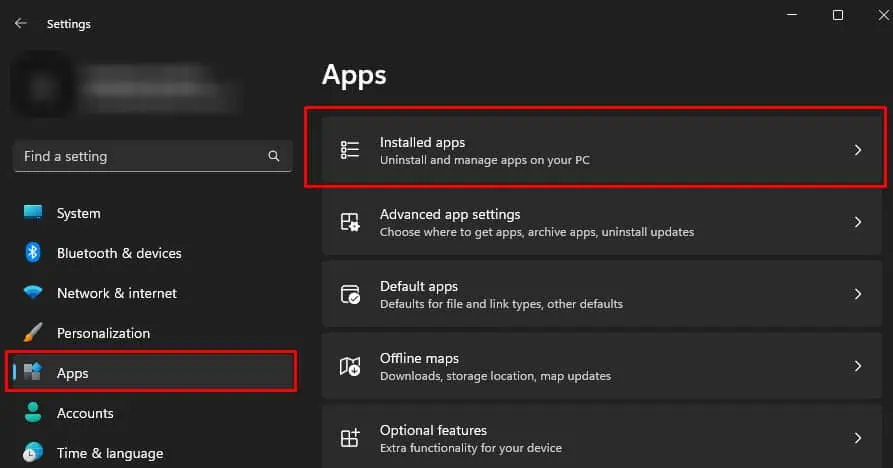
Uninstall Applications and Delete Files
Before we begin to remove system files, ensure youuninstall any unused applicationsand files that are taking up huge storage space.
Once you delete unnecessary files, they will be stored in the Recycle bin if you have not deleted them permanently. The Recycle bin also stores unnecessary files when uninstalling an application.
The data stored in the recycle bin will also take the same amount of storage. So you need todelete files from the Recycle binas well.
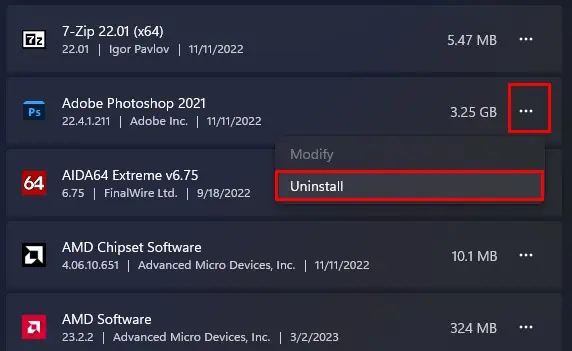
Check File Allocation on Hard Drive
One downside tousing Settingsto locate folders is that it only displays large folders that Windows couldn’t categorize. you may use Windirstats to get a visual representation of all the hard drives connected to the system.
Here, you will see a visual representation of all your file sizes on the hard drive. The areas with the largest rectangle represent large folders.
Review these folders and remove or relocate any unnecessary data inside the drive that is low on storage.
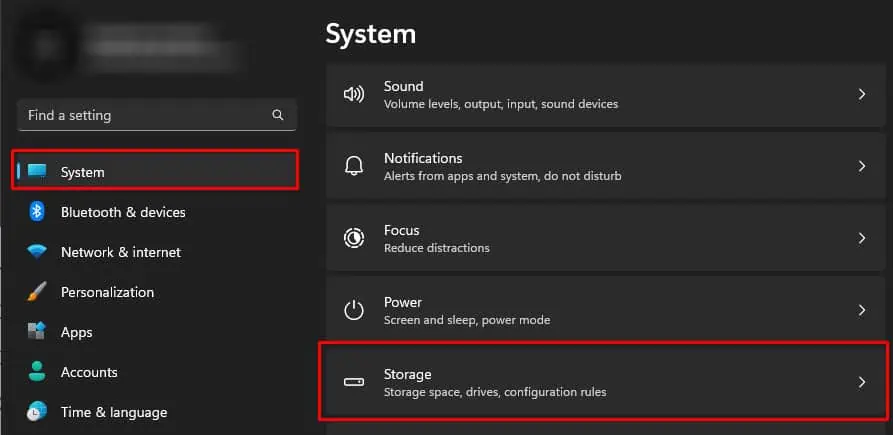
The Page file is a specified area on the hard drive that the Operating System uses if itruns out of Memory. The OS sets aside this storage area and cannot use it to store personal files. So, you may decrease the total page file size on a drive. By doing this, the system will have extra storage for your files.
Delete Temporary Files
An application or the Operating system itself can create temporary files to store temporary information. When the application is running, it can use these files to perform specific tasks related to the application.
However, once the application closes, it automatically deletes these temp files. Try closing any application that might be creating these temp files and verify if it clears the hard drive.
